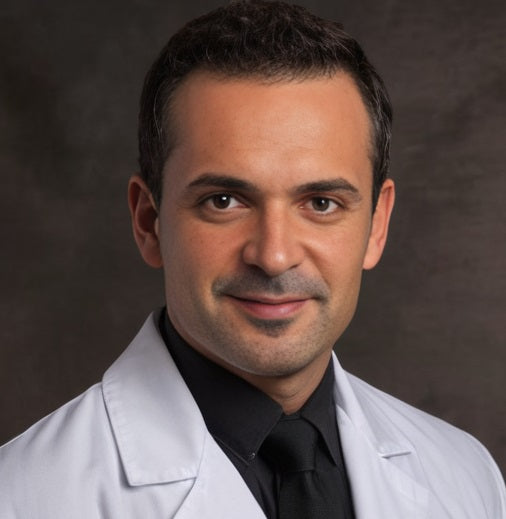Pregnancy is an incredible journey that brings about many changes in your body—including the way your organs shift and adjust to accommodate your growing baby. If you’ve ever wondered, Where do all my organs go during pregnancy?, you’re not alone!
In this guide, we’ll break down how your organs move, what it means for your comfort and health, and how to ease any discomfort caused by these internal changes.
Eat smaller meals – Prevent heartburn by avoiding large or heavy meals.
Practice deep breathing – This can help with lung compression and shortness of breath.
Stay active – Light exercise, like walking or prenatal yoga, can improve digestion and reduce discomfort.
Use good posture – Sitting and standing tall can ease pressure on your lungs and stomach.
Sleep on your side – This improves circulation and takes pressure off your organs.

Why Do Organs Move During Pregnancy?
As your baby grows, your uterus expands from about the size of a pear to the size of a watermelon. This rapid growth pushes, compresses, and rearranges your internal organs to make room. While this might sound a little alarming, rest assured—your body is designed for this! Your organs will naturally return to their original positions after birth.Which Organs Move the Most During Pregnancy?
Here’s a look at how some of your key organs shift and what it means for you:1. Uterus: The Center of It All
- Your uterus starts in your pelvic area but grows upward as your baby develops.
- By the third trimester, it extends high into your abdomen, pushing on other organs.
- After birth, it gradually shrinks back down to its normal position.
2. Stomach & Intestines: Digestion Takes a Hit
- As your uterus expands, your stomach and intestines get squished upward and sideways.
- This can lead to acid reflux, heartburn, bloating, and constipation.
- Eating small, frequent meals and staying hydrated can help manage these symptoms.
3. Lungs: Why You Might Feel Short of Breath
- In later pregnancy, your growing belly pushes up against your diaphragm, the muscle that helps you breathe.
- This can make it feel harder to take a deep breath, especially in the third trimester.
- Practicing good posture and deep breathing exercises can help.
4. Bladder: Why You’re Always Running to the Bathroom
- The uterus presses on the bladder, reducing its capacity.
- This is why pregnant women experience frequent urination—especially in the first and third trimesters.
- Doing Kegel exercises can help strengthen your pelvic muscles and support your bladder.
5. Liver & Gallbladder: The Hidden Digestive Impact
- The liver moves slightly upward during pregnancy, which usually doesn’t cause issues.
- However, pregnancy hormones can slow gallbladder function, increasing the risk of gallstones.
- Eating a balanced diet with healthy fats can help prevent gallbladder issues.
6. Abdominal Muscles: They Stretch & Separate
- The rectus abdominis muscles (your "six-pack" muscles) stretch apart to accommodate your growing belly.
- This can lead to diastasis recti, a condition where the abdominal muscles remain separated after birth.
- Gentle core exercises after delivery can help bring them back together.
How to Ease Discomfort from Organ Shifts
While your body is built to handle these changes, you might experience heartburn, shortness of breath, or back pain as your organs move. Here are some tips to help:Eat smaller meals – Prevent heartburn by avoiding large or heavy meals.
Practice deep breathing – This can help with lung compression and shortness of breath.
Stay active – Light exercise, like walking or prenatal yoga, can improve digestion and reduce discomfort.
Use good posture – Sitting and standing tall can ease pressure on your lungs and stomach.
Sleep on your side – This improves circulation and takes pressure off your organs.
Will My Organs Go Back to Normal After Birth?
Yes! After delivery, your uterus will gradually shrink, and your organs will return to their normal positions over the course of a few weeks to months. Breastfeeding, staying active, and eating well can help speed up the recovery process.Final Thoughts: Trust Your Amazing Body
Your body is doing something incredible—growing and nurturing a new life! While organ movement during pregnancy can cause some discomfort, it’s all part of the process. Remember to listen to your body, stay comfortable, and know that your organs will return to their rightful places after birth.
Your body is built for this, mama—you’ve got this!
Content Reviewed by Dr V.
Learn MoreDr. Vaheh Shirvanian, a family medicine physician and father. With over 17 years of experience, he specializes in inpatient acute hospital care, outpatient family medicine, urgent care, emergency medicine, and hospice care. Dr. V is passionate about guiding new parents through the challenges and joys of parenthood, offering compassionate and expert support at every step.
Tags:








